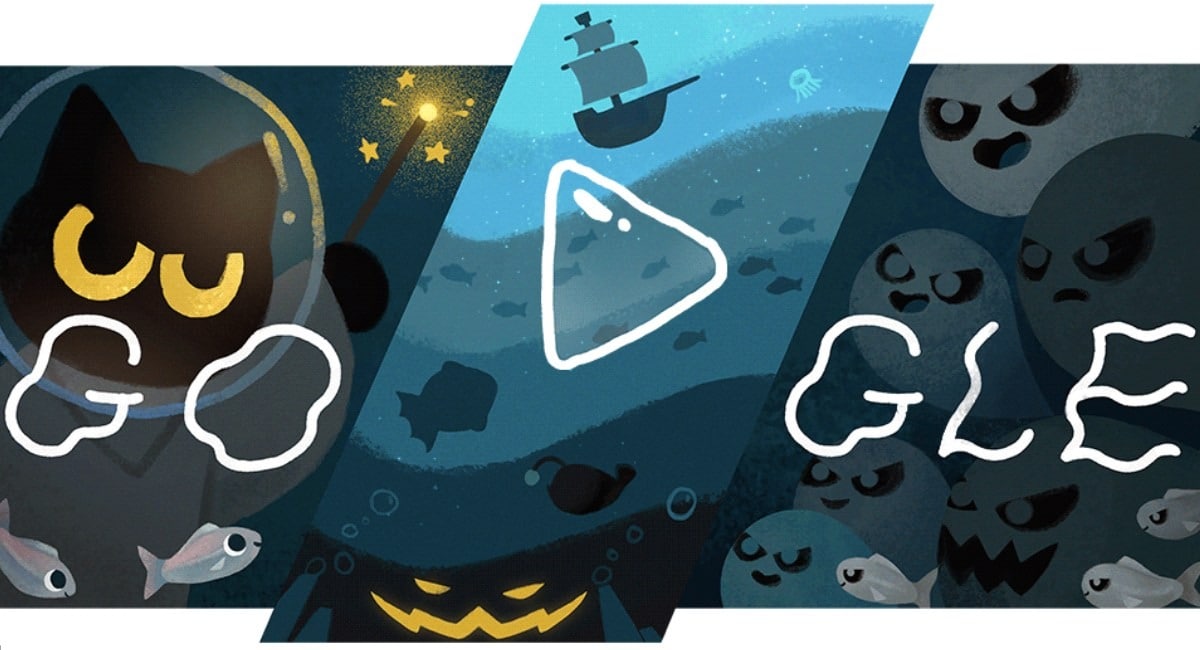

Although in this scenario we chose to run Open Match with GKE, it can run on Kubernetes anywhere since it’s an open source framework.Īll the information required to match players was stored in Cloud Memorystore, our fully-managed in-memory data store service for Redis, which could be accessed by as many frontend workers as we needed. Open Match's distributed microservice approach, combined with the versatility of Google Kubernetes Engine, helped us overcome many of these challenges-if we had more players than expected and needed to handle more load, we could simply add additional frontend containers to the appropriate deployment.

Working together with the Doodle team, the Google Cloud gaming team leveraged Open Match–an open source matchmaking framework co-founded with Unity–to meet the demands of the first multiplayer Doodle. MatchmakingDesigning a low latency matchmaking service for a global pool of players required architecting for scale, reliability and high availability-the three of which are difficult to achieve with traditional matchmakers. Here’s a deeper look at how it came together. Over a 65 hour period, the Doodle backend systems co-designed by, and running on, Google Cloud served over 100 million players in 62 countries, with a concurrent user load of over 500,000 players during a 5 minute window at its peak. The end result was the successful launch of a very fun and popular ghost-themed game-if you didn't get a chance to play it on Halloween, you can find it here. We wanted to help them in the same way we help our external gaming customers-by simplifying the game infrastructure planning so they could focus on building the best game possible. So to celebrate Halloween this year, the team behind these delightful Doodles wanted to do something different and unexpected-bringing users together in a super fun real-time multiplayer game.īecause of their ease of access and viral popularity, Doodle games have historically reached incredibly high numbers of users around the world- some have even been played over a billion times in only four days of availability! Launching a global multiplayer Doodle game comes with considerable technical challenges, since it introduces matchmaking and dedicated game servers to the architecture.īut the Google Cloud gaming team loves a challenge, which is why we jumped at the opportunity to collaborate with the Google Doodle team on their first multiplayer Doodle game. Over the years, we’ve found that Doodles that have some element of gameplay have been among the most popular with users. The Doodles that appear on the Google homepage have long been a place for creativity and fun.


 0 kommentar(er)
0 kommentar(er)
